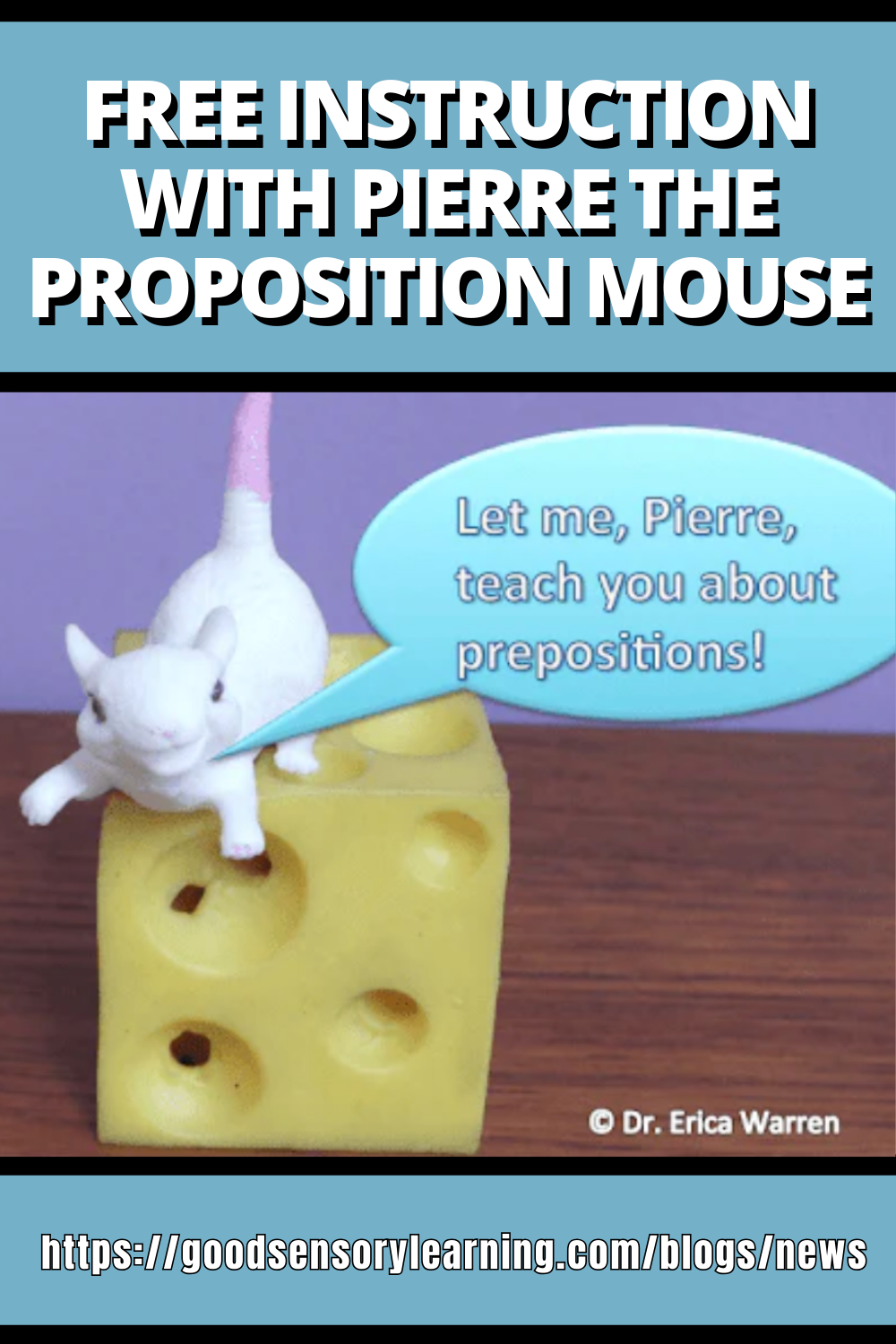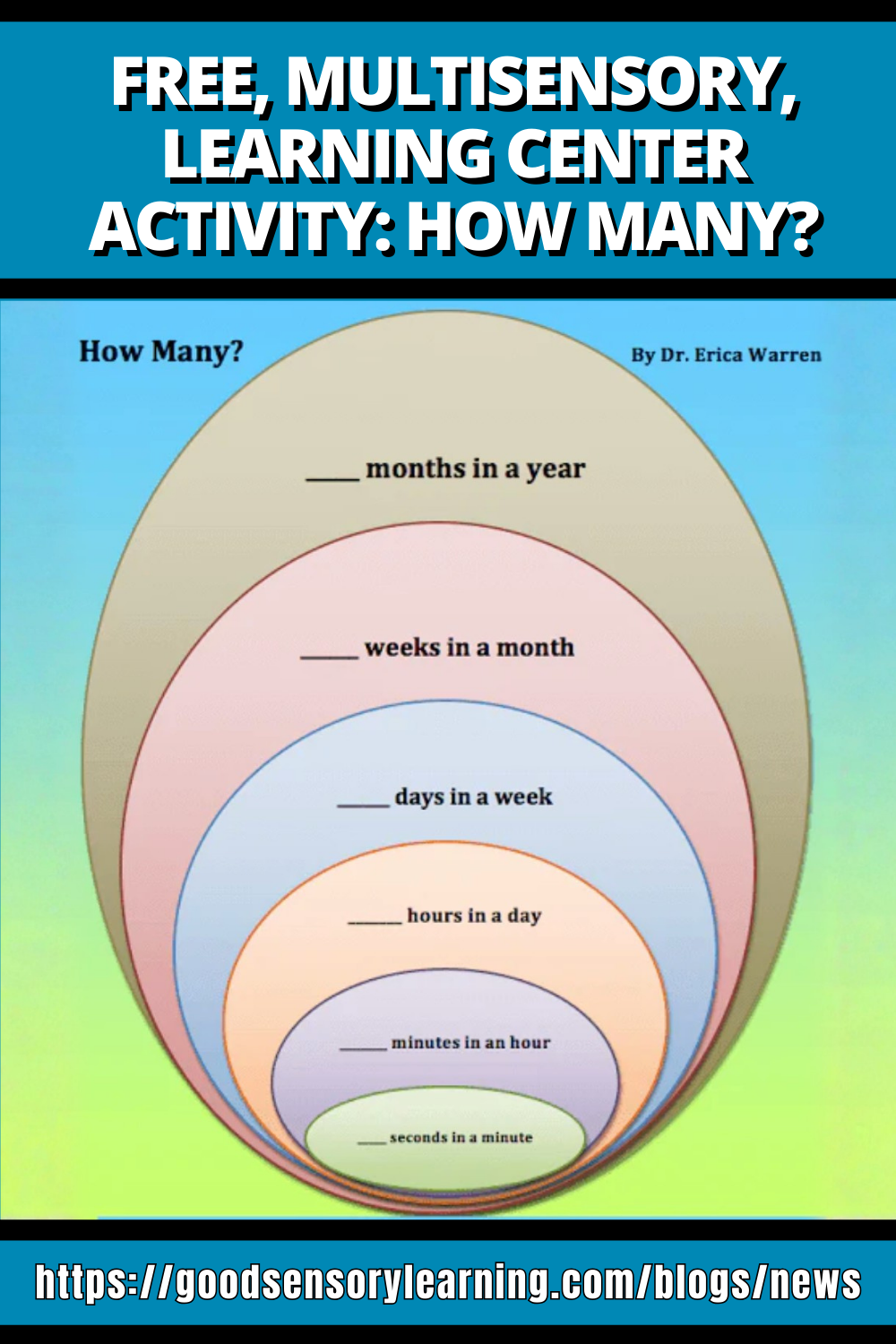How Can Auditory Processing Be Improved with Fun Games?
Many students who struggle with auditory processing weaknesses can be irritating to teachers and family members because they just don't seem to pay attention or follow verbal directions. In addition, when these struggling learners attempt to follow through with directives, they may miss sequence tasks, leave out steps altogether, or they may completely misunderstand or misinterpret what was said. Many times, they feel agitation and frustration in those around them, and this can exacerbate the problem.

What Can Be Done to Help These Struggling Learners?
- Be patient and loving because increasing their anxiety level will only make their problems worse.
- Don't laugh or make fun of misunderstandings, as this often feels embarrassing or shameful.
- Slow down and speak clearly.
- Encourage them to repeat back verbal directives. If you are asking them to complete multiple steps like go upstairs, brush your teeth, and put on your pajamas, ask them to tell it back to you. To make it fun, you can even ask them to picture doing the activities in their mind's eye and ask them what it looks like by having them act it out.
- Provide written checklists or photographs. If you want your child to tidy their room, show them a picture of what their room looks like when it is clean and neat.
- Have a good understanding of auditory processing. You can learn more HERE.
Why Do Games Work?
What Activities Strengthen Auditory Processing?
- Listen to audiobooks or read aloud to your student or child. Question them often about the setting, characters, and plot.
- Have your student or child draw pictures, storyboards, or webs when listening to stories. Listen to the story again and have them add more details to their images. Once the drawing is finished, have the student retell the story by going through their drawing.
- While listening to descriptive paragraphs or short stories, have your student or child try to visualize the image, setting, characters, and plot. Share and talk about the mental imagery. Then have them retell the story.
What Are Some Games That Improve Auditory Processing?
- Auditory Processing Games for Online or In-Person Sessions: This digital download is 81 pages and offers fun drawing and tongue twister games that can be completed in person or during Zoom calls. CLICK HERE to learn more.
- Memory Master: This digital download is a fun card game that can be printed or it can simply accessed on a phone, tablet, or computer. CLICK HERE to learn more. If you want an online version that is part of an executive functioning library of activities and games, CLICK HERE.
- Following Directions the Fun and Easy Way: This comprehensive series of downloads offers fun drawing tasks, process of elimination games, and maze activities that develop auditory processing and language skills. Again, if you want an online version that is part of an executive functioning library of activities and games, CLICK HERE.
Come Watch my YouTube Video
Clearly, making the learning process fun is vital when working with struggling students. By pairing pleasantries with areas of weakness, quick gains can be realized.
Cheers, Erica
Dr. Erica Warren is the author, illustrator, and publisher of multisensory educational materials at Good Sensory Learning. She is also the director of Learning to Learn and Learning Specialist Courses.
- Blog: https://goodsensorylearning.com/blogs/news
- YouTube Channel: https://www.youtube.com/user/warrenerica1
- Executive Function Podcast: https://goodsensorylearning.com/pages/the-personal-brain-trainer-podcast-with-dr-erica-warren
- Store: http://www.Goodsensorylearning.com/
- Courses: http://www.learningspecialistcourses.com/
- Newsletter Sign-up: https://good-sensory-learning.kit.com/drericawarren





Leave a comment
This site is protected by hCaptcha and the hCaptcha Privacy Policy and Terms of Service apply.